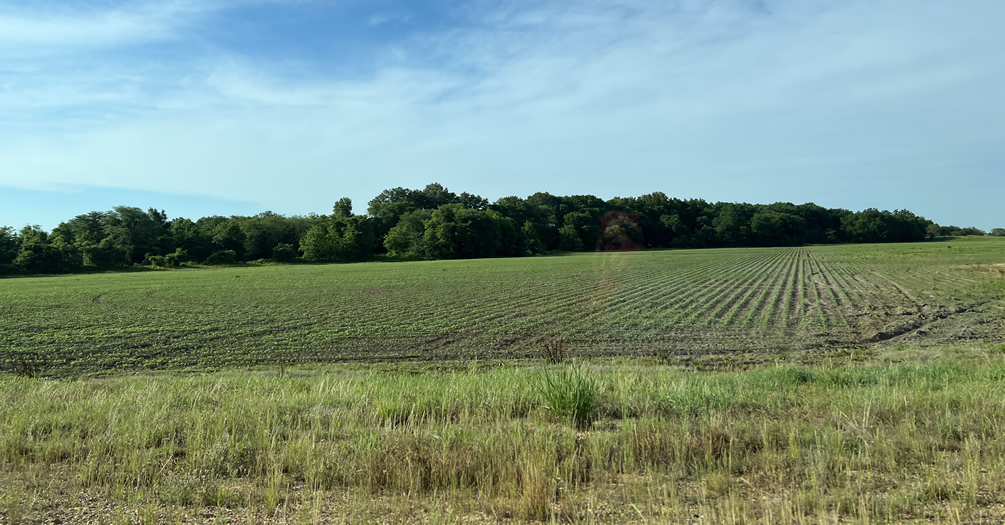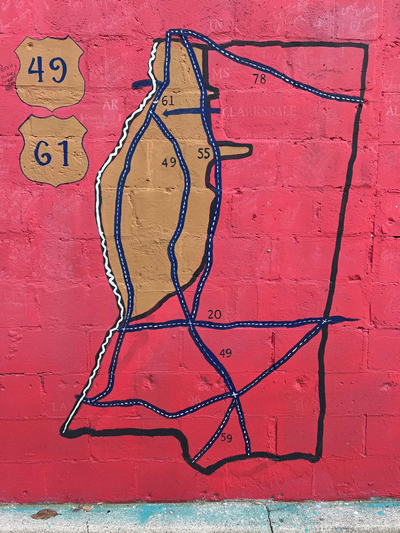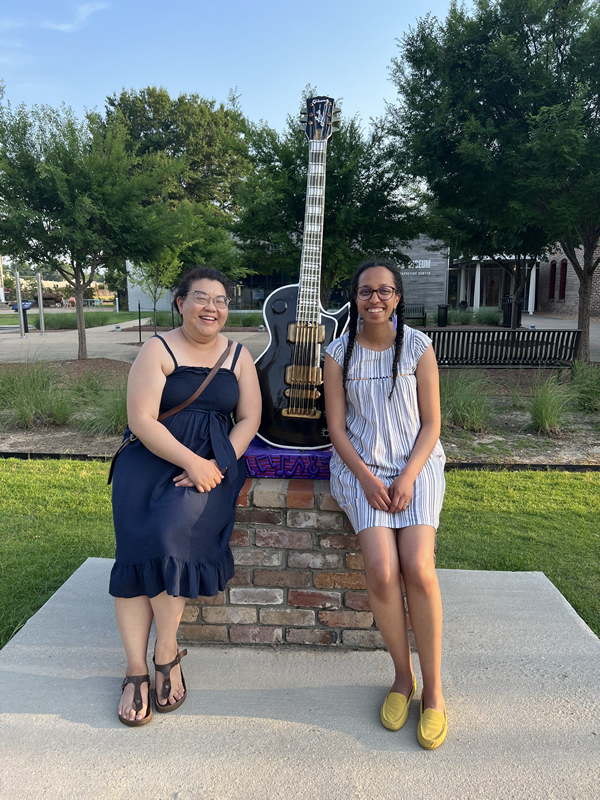My Takeaways After One Week in the Mississippi Delta

Huda Bashir
Epidemiology and Public Policy Student
A week has come and gone, and I am leaving Mississippi full of a newfound appreciation for community engagement. Working with our community partners I learned so much about their stories, and the rich history and culture of Mississippi. I got to witness how communities come together to support one another and their resiliency.

Being in Mississippi was my first time coming to the South. One of the major differences I experienced is how pervasive the history of slavery is compared to the Midwest. As we drove around to different locations we passed many plantations—some had even converted former slave shacks into hotels. During our time here we went to the Emmett Till Interpretive Center and had a reflective discussion about black and white race relations in Mississippi and the United States. We also had an opportunity to visit the Fannie Lou Hamer monument and talked about the importance of learning Black history in the US (it is—after all—American history). While these were painful reminders of the past—and present—oppression of Black people in the US, I also understand why these communities we worked with are passionate about the work they do. Legacies from the Civil Rights Movement continue on, many of which started in Mississippi, and I am forever grateful to have had this opportunity to spend a week working with them in the Delta.
 One person who had such a profound impact on my experience was Lynn Woo, our co-instructor
from the University of Mississippi. Lynn was born and raised in the Delta and has been working with communities
there for over a decade. She had such patience and a willingness to talk with us about
the history of Mississippi and she is truly a great representative of Southern Hospitality. She has so much pride and love for where she’s from that
you can’t also help but fall in love with the Delta a little bit, too. Her dedication
to her community reminds me of how important community engagement is and its importance
in improving health outcomes for communities and inspires me to continue to fight
for health equity.
One person who had such a profound impact on my experience was Lynn Woo, our co-instructor
from the University of Mississippi. Lynn was born and raised in the Delta and has been working with communities
there for over a decade. She had such patience and a willingness to talk with us about
the history of Mississippi and she is truly a great representative of Southern Hospitality. She has so much pride and love for where she’s from that
you can’t also help but fall in love with the Delta a little bit, too. Her dedication
to her community reminds me of how important community engagement is and its importance
in improving health outcomes for communities and inspires me to continue to fight
for health equity.
